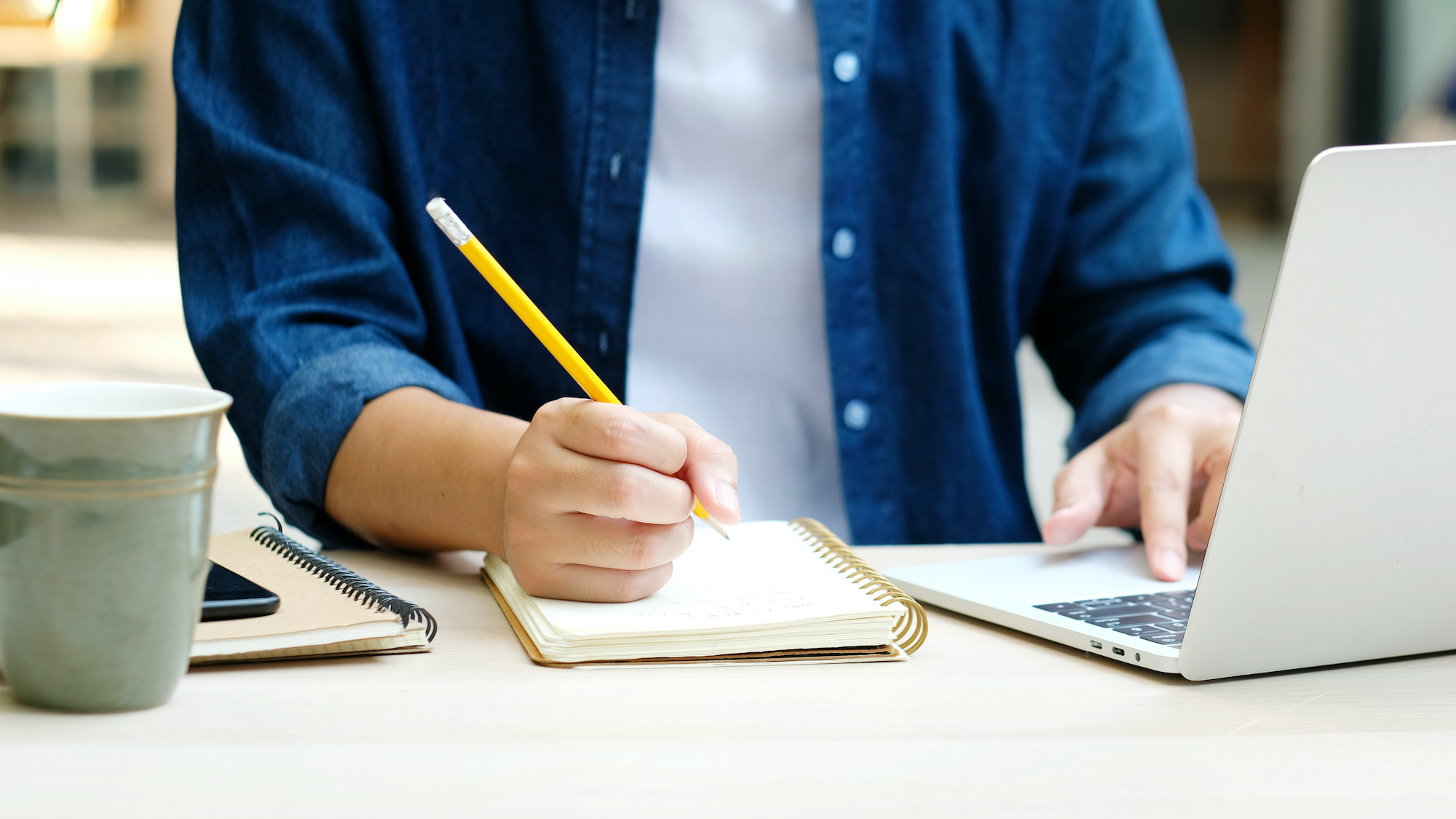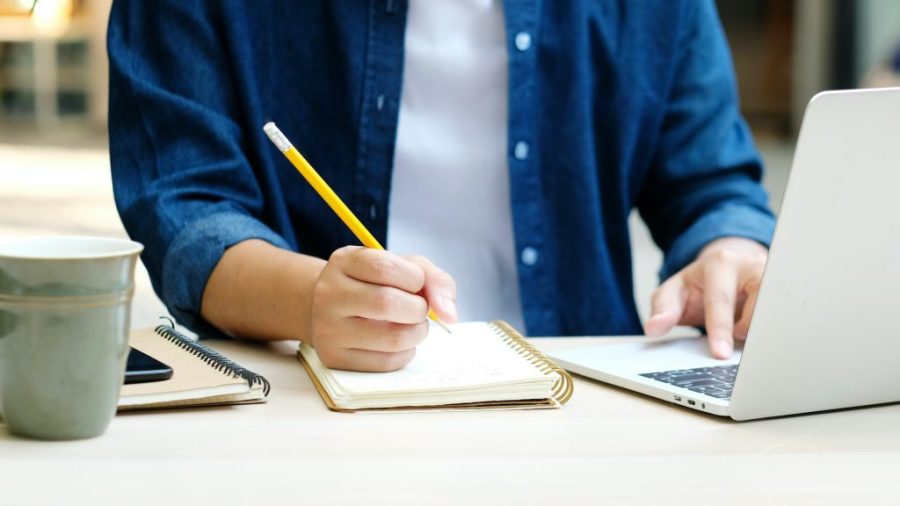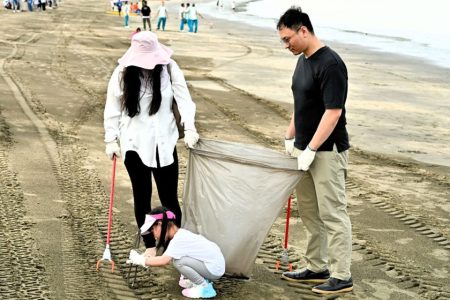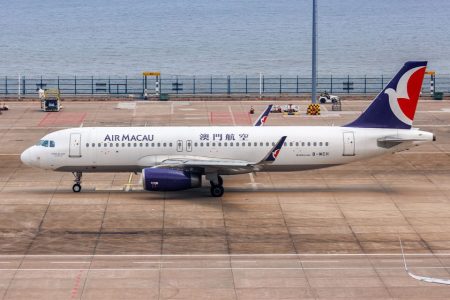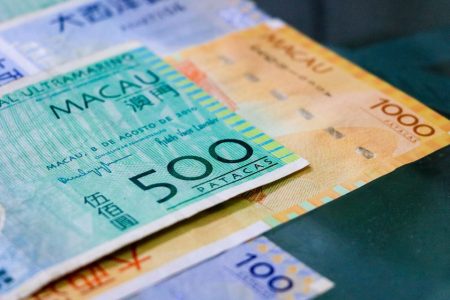All Macao’s schools and higher education institutions might have to teach online if Covid-19 risks worsen, Wong Ka Ki, who heads the Non-Tertiary Education Department of the Education and Youth Development Bureau (DESDJ), has warned.
Normally, Macao’s non-tertiary education institutions, namely schools and kindergartens, start their new school year in early September.
This year, some of the city’s higher education institutions have begun the new academic year this month, such as the public University of Macao (UM) which started yesterday.
The government instructed higher education institutions to temporarily switch to online teaching, and has not yet decided whether they can resume in-class teaching next month.
A university spokesman said that all classes in August will be conducted online, while class arrangements for next month will be determined depending on the latest Covid-19 developments.
For the time being, the government has determined that schools and kindergartens will start the new academic year early next month as scheduled with in-class teaching.
Wong noted that some local students and teachers have visited different areas in mainland China or returned to their hometowns during the summer holiday. However, many areas in the mainland have been classified as medium- or high-risk Covid-19 areas, Wong noted.
Last week the DESDJ outlined plans mandating an early return to Macao for teachers and pupils to make provision for a Covid-19 safety bubble.
Wong said that his bureau has asked the city’s higher education institutions and schools how many of their students, teachers and other staff members travelled outside Macao during their summer holiday. The response indicated that a significant number had visited different areas in the mainland or returned to their respective hometowns, Wong said, adding that some of them have already come back to Macao from the mainland.
Wong said that once in-class teaching is resumed in the higher education sector, mainland students who returned to their respective hometowns will come back to Macao from various areas in the mainland, which would pose a higher Covid-19 risk.
Wong said that if Macao’s Covid-19 situation remains stable over the next few weeks, schools and kindergartens will start their new academic year early next month as scheduled, and higher education institutions will resume in-class teaching.
However, Wong said that if the Health Bureau (SSM) determines before next month’s scheduled start of the school year that Macao faces a higher Covid-19 risk, his bureau might postpone the start of classes in schools and kindergartens and the start of in-class lessons in higher education institutions.
Macao has not recorded a new local Covid-19 case for 15 consecutive days after a Delta variant four-member family cluster was confirmed on 3 August.
Wong underlined that the upcoming start of school will entail the “biggest” people movement in the city during its return to normality following the Covid-19 family cluster.
Wong said that his bureau has been studying Macao’s Covid-19 situation with the SSM, and considering implementing “higher” standards on Covid-19 prevention for the city’s education institutions.
Wong also noted that about 3,000 students enrolled in local schools live in Zhuhai or Zhongshan in the neighbouring province of Guangdong, The Macau Post Daily reported.
In related news, SSM Control of Communicable Diseases and Surveillance of Diseases Department Coordinator Leong Iek Hou has warned that he could only declare that the city’s novel coronavirus epidemic situation has eased if Macao does not report a new local Covid-19 case for at least 28 consecutive days.
Leong noted that normally a place can only be considered safe from Covid-19 after at least two incubation periods of the novel coronavirus have passed, meaning at least 28 days after the latest local Covid-19 cases were confirmed. Normally the novel coronavirus disease has an incubation period of up to two weeks, but in rare cases the incubation period could be longer.
